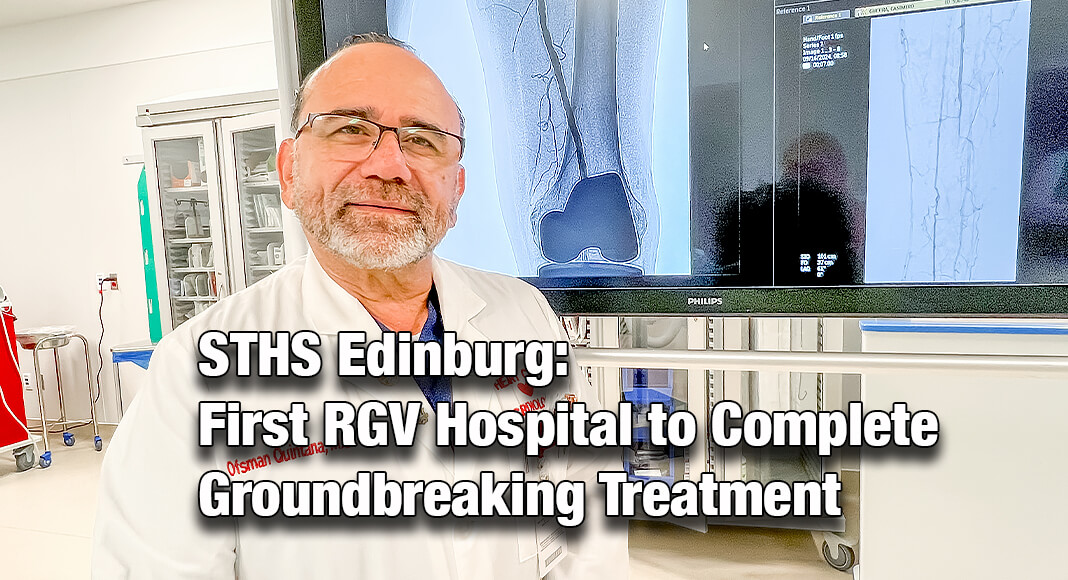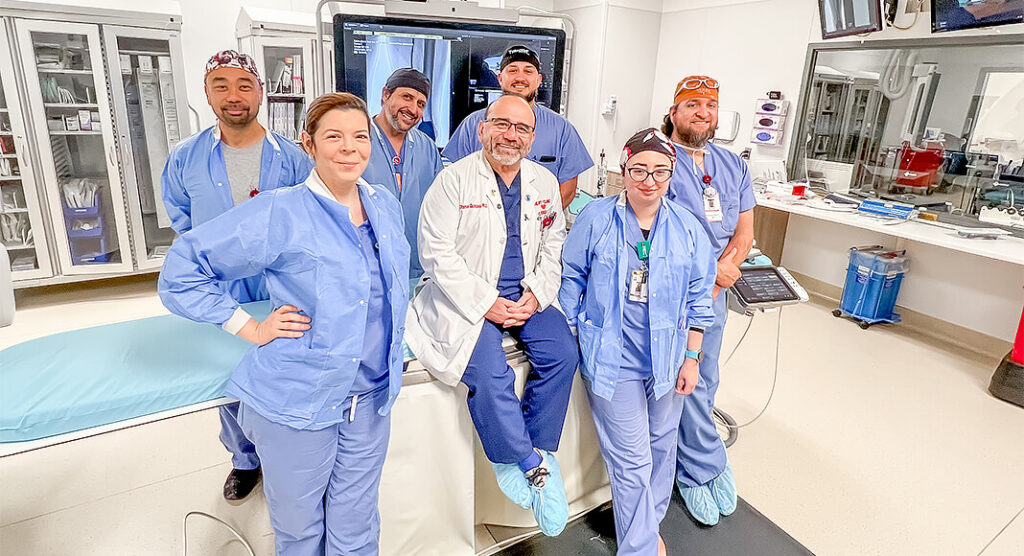
Mega Doctor News
Throughout the world, the prevalence of peripheral artery disease (PAD) is increasing, according to the World Health Organization, with 113 million people aged 40 and older currently affected by the disease. That’s a 72.5% upsurge from 1990.
In the United States, the incidence of peripheral artery disease has increased from 11.3 million to 21 million since 1995, per the Centers for Disease Control and Prevention. Due to the nation’s aging population, the number of Americans living with PAD is projected to hit nearly 24 million by 2030.
Health experts blame the increase of PAD, which is caused by a buildup of fats, cholesterol and other substances in and on the artery walls, on the increasing rates of obesity and diabetes around the world.

Peripheral artery disease, which reduces blood flow to the arms and legs, may lead to amputation, which has a high mortality rate. Among the nearly 1 million Americans living with limb loss due to PAD and diabetes, half of them are predicted to die within five years, per the CDC.
But there’s new hope for Rio Grande Valley residents living with peripheral artery disease.
South Texas Health System Edinburg, the only facility in South Texas named a Best Regional Hospital by U.S. News & World Report, recently completed the first percutaneous transmural arterial bypass (PTAB) procedure with the DETOUR System in the four-county region.
The DETOUR System, which earned Breakthrough Device Designation from the FDA in 2020 and received FDA approval in June 2023, is designed specifically for individuals with severe PAD in the superficial femoral artery (SFA). They include patients who have long obstructions in the SFA, those with previously failed endovascular procedures and those who may not be good candidates for surgical bypass.
The minimally invasive procedure enables physicians to bypass lesions in the superficial femoral artery (SFA), by using conduits routed through the femoral vein via a transmural passage, to restore blood flow to the leg.
The groundbreaking procedure was successfully completed in late August on a 70-year-old STHS Edinburg patient who had been experiencing severe pain in his legs due to a severe case of PAD. It was performed by Ofsman Quintana, MD, FACC, a cardiologist with STHS Clinics specializing in PAD.
Following the procedure, Dr. Quintana says blood flow to the patient’s leg has greatly improved, which has decreased his risk of limb loss.
“Procedures like this provide a lifeline to patients living with severe PAD,” says Dr. Quintana, who heads a team of physicians and staff committed to providing patients with the highest level of care and education on life-threatening conditions like PAD. “Amputation can be prevented up to 80% if you see your physician early and start receiving treatment; it’ll help avoid horrible complications and avoid shortening your life. This procedure is a notable exampleof our dedication to helping restore limb function, save lives and improve the overall quality of life for our patients through advanced treatment options.”
The procedure was performed in STHS Edinburg’s advanced cardiac cath lab, which opened in 2023 to provide diagnostic services to identify cardiovascular conditions, as well as specialized treatments to prevent limb loss, for residents in our ever-growing community.
“Technology like this DETOUR System has had a powerful impact on healthcare, revolutionizing patient care and treatment and ultimately improving patient outcomes,” says Lance Ames, Chief Executive Officer, STHS Edinburg & STHS Children’s. “STHS Edinburg, a Center of Excellence for robotic, minimally invasive and hernia surgery, is committed to providing advanced treatment options for the patients we serve. We’re proud to be first facility in the Rio Grande Valley to bring this innovative, minimally invasive technology to our community. It’s a game-changer for patients with complex peripheral artery disease, and we look forward to helping improve their quality of life and reduce their risk of amputation.”
To learn more about the percutaneous transmural arterial bypass (PTAB) Therapy with the DETOUR System and how it may help those suffering from complex PAD, visit www.sthsedinburg.com.










